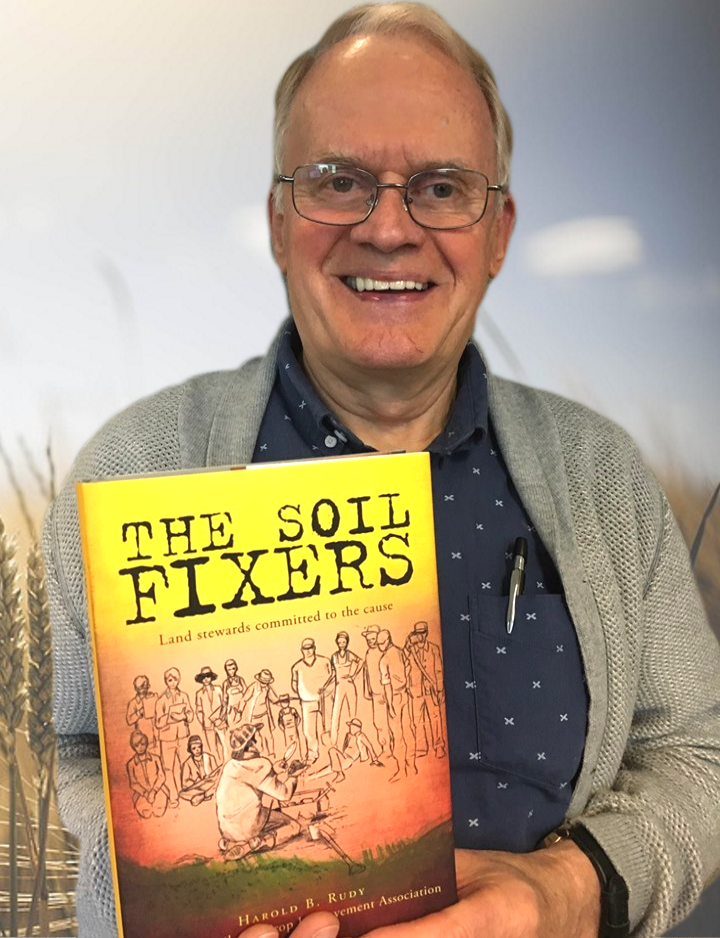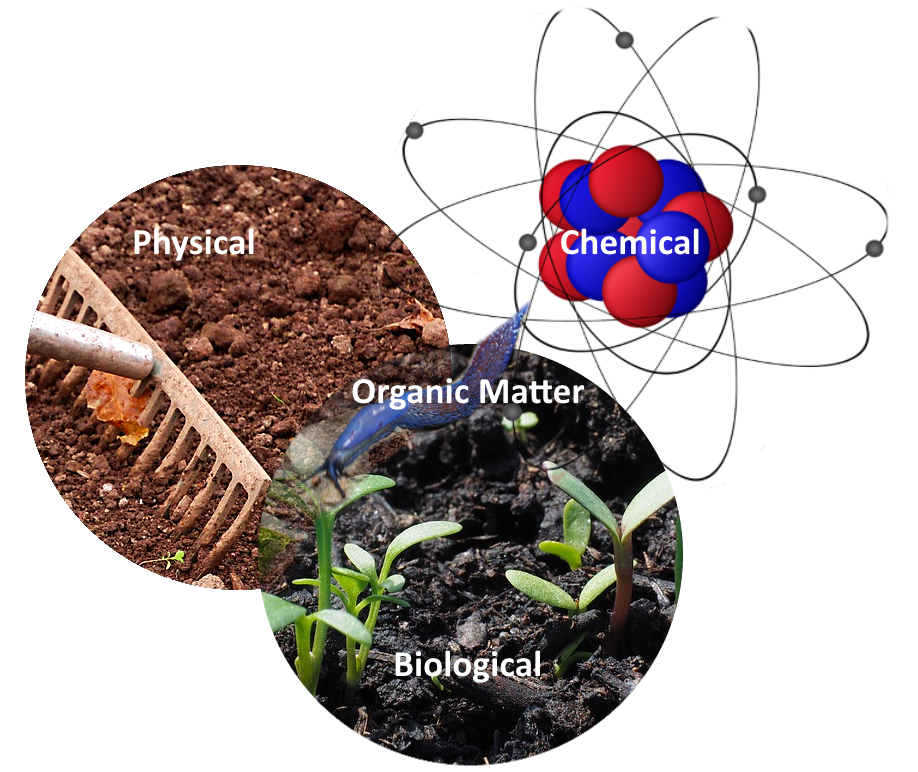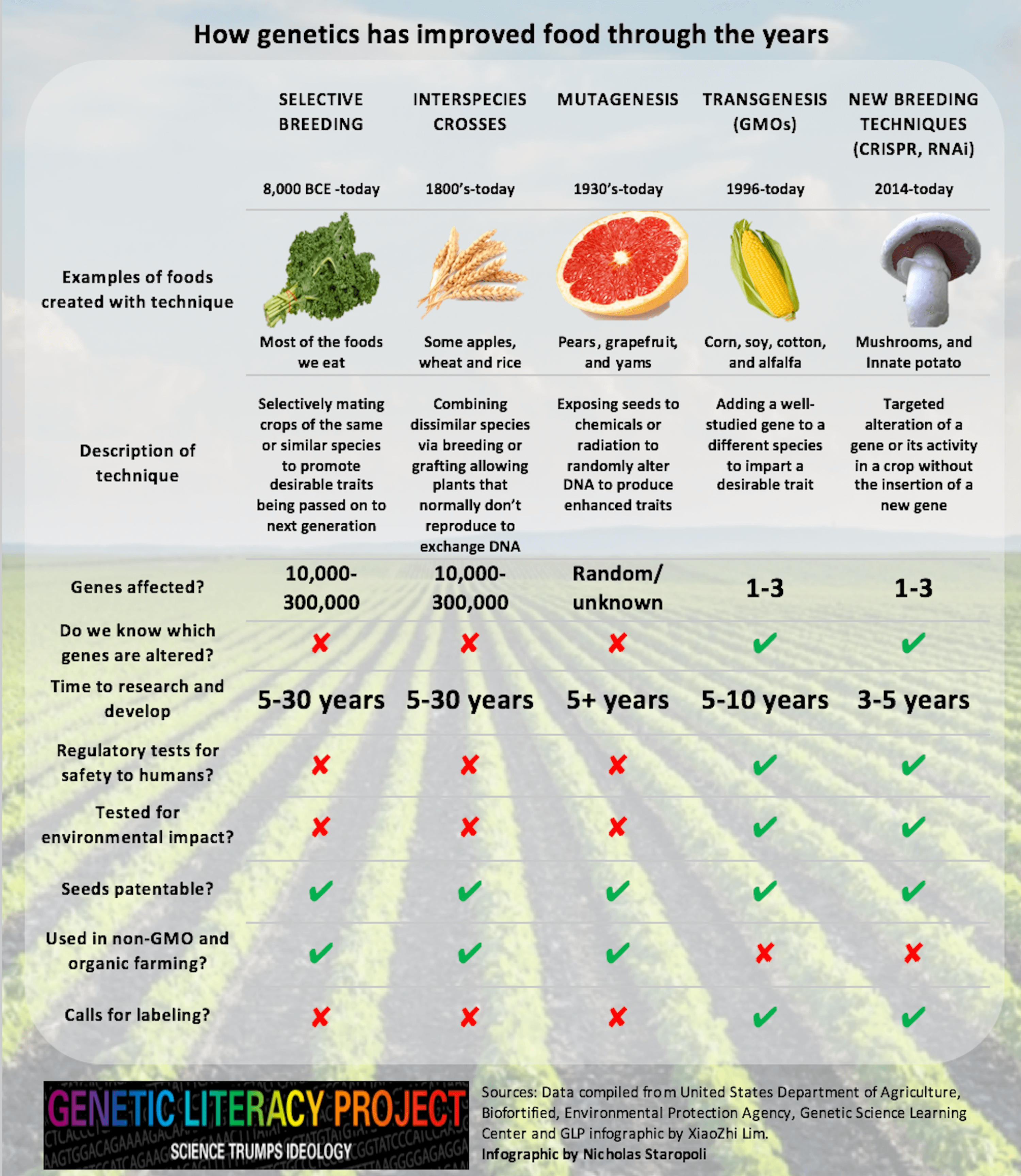
Ensuring Food Security For Growing Populations

Harold Rudy is an expert on various aspects of agribusiness and conservation. He dished the dirt about the importance of soil health/conservation, science and technology, and people's habits related to diet and food management to highlight the challenges in global food security.
Harold spent his formative years on a Mennonite family farm in Waterloo County as one of ten siblings, including RTW member Willis Rudy, who taught Harold how to drive a tractor at the early age of about 6 years. So began Harold's fascination with agriculture.
Harold attended the University of Guelph, where he earned a B. Sc. (Agriculture) and a M. Sc. (Rural Planning and Development) as the foundation for a thirty year career devoted to promoting the environmental stewardship programs of the Ontario Soil and Crop Improvement Association (OSCIA). He has authored a book called The Soil Fixers which covers some of his experiences working with farmers and agricultural specialists on issues related to soil protection, conservation, and sustainability.
Harold continues to live on the family farm that was originally established in 1929. Even after 90 years of production, it continues to be actively farmed by one of Harold's neighbours.
Dedicated to the ongoing improvement of farming techniques, the Ontario Soil and Crop Improvement Association (OSCIA), of which Harold is a member, has been working with farmers since 1939. It's mission is to
For all the interest in traditional farming methods, it has to be noted that modern agricultural techniques are responsible for massive improvements in production. One family farm could feed approximately 10 people in the 1930s. Today, a family farm can feed 155 people. What's made the difference? Soil conservation, soil health, and new technology.
 Soil health is the result of the interplay of physical, chemical, and biological inputs with the organic matter that is present.
Soil health is the result of the interplay of physical, chemical, and biological inputs with the organic matter that is present.Soil health is a determinant of the sustainability of civilizations. Ancient civilizations failed in part because of farming practices that depleted soil nutrients and failed to compensate for the effects of erosion. Depletion and erosion led to food shortages which eventually caused the civilizations' decline.
New developments and technologies seek to prevent nutrient depletion and soil erosion. Examples include tile drainage, wind breaks, and robotic technologies that significantly reduce labour and increase productivity. 

Yield increases have been primarily due to advances in genetics and breeding practices. New genetic techniques such as cisgenesis permit the development of hardier, higher yield crops that are not considered to be GMO.
Forty percent of what is grown does not go to human consumption. Animal feed, compost, landfill and waste consume this portion of what is produced. New crops, such as crickets, are changing the way we view sustainable farming and food production. Sustainability and food self-sufficiency are major agricultural concerns for all countries.
In order to educate farmers about best practices and sustainability, the OSCIA has developed the Environmental Farm Plan to enable farm owners to self-assess their approach to farming.
